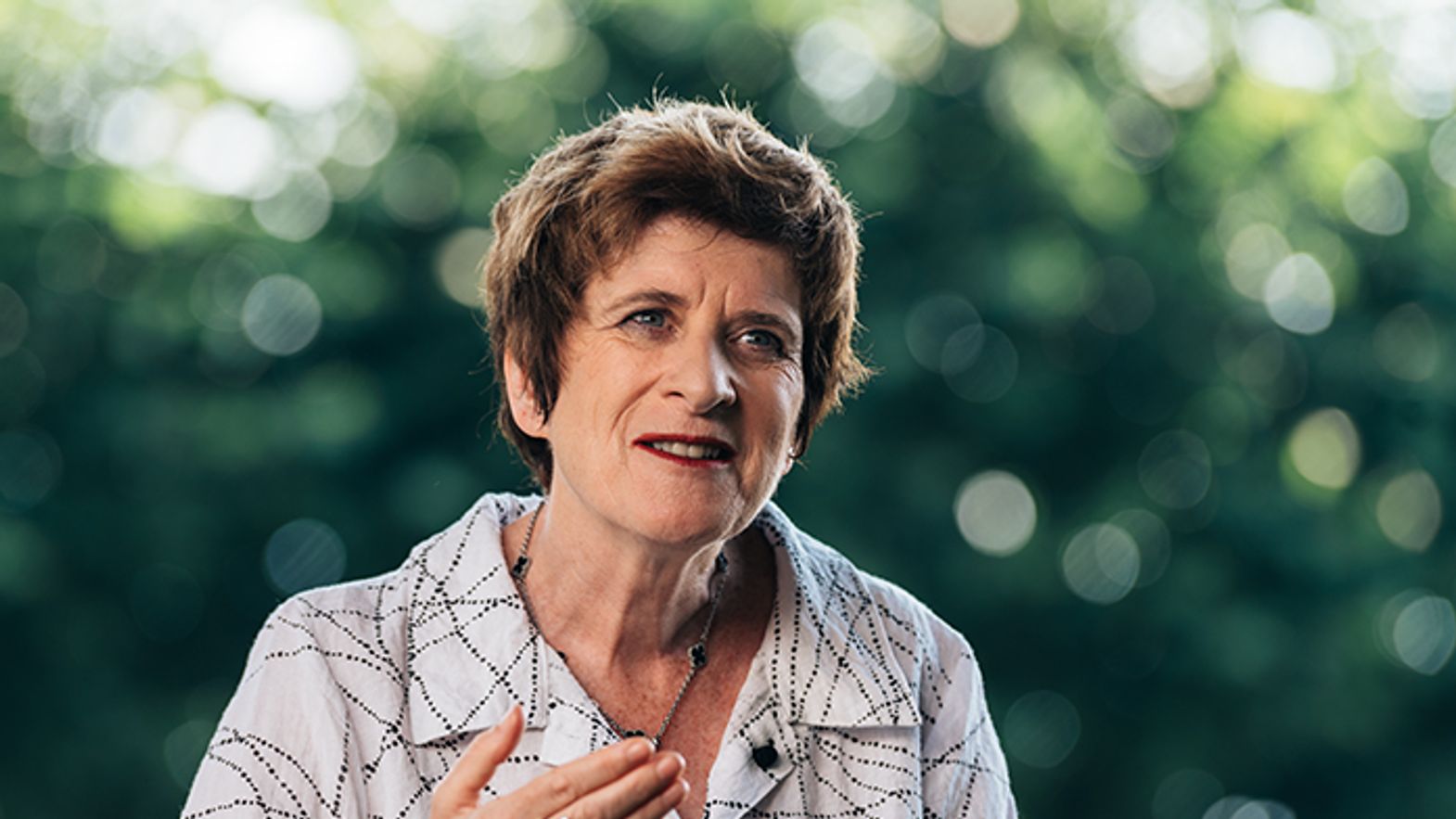
Charisma and passion. Kate Gilmore, the U.N. Deputy High Commissioner for Human Rights, lives for what she believes in, and you can feel it. You not only want to listen to her, you also want to fight by her side.
Locarno is 71 years old; the Universal Declaration of Human Rights is 70. Both have aged pretty well…
It isn’t a coincidence they are the same age. We are here to celebrate the fact that they were born in the same era, from the same spirit. Locarno is the city of peace, the agreements signed here in 1925 granted a fairer peace after World War I and prevented the commencement of another one. Their violation brought the decline which led to Second World War. The Universal Declaration of Human Rights captures Locarno’s inner soul and expresses it through words.
How important are festivals as free zones where everyone has the right to expression?
Art is powerful. A festival like Locarno is an act of resistance. This is why together we should all stand in Piazza Grande as an act of solidarity, because no government has the right to kill freedom of expression, of assembly, of believing in whatever you want. Section 27 of the Declaration reaffirms the universal right to festival, to culture.
What is your relationship with cinema? And which movies have done the most for human rights?
I am going to shock you: think about Dirty Dancing and its lesson about injustice and danger of illegal abortions. Or Grease, which teaches us the poisoning of traditional masculinity. Let’s not forget of course the power of Schindler’s List and Hotel Rwanda: the best resistance against the worst crimes against humanity is the one by ordinary people. Yes, cinema can change the world: in 2007 in Burma a monk saw a movie about the opposition to Serbian dictator Milošević. It was shown subtitled. He saw power of resistance and with his colleagues started the Saffron Revolution which, with all its issues, brought democracy in Burma and freed Aung San Suu Kyi.
Tonight you’ll share the stage with Spike Lee. What do you think about his movies?
His gift to the world, well beyond the United States, has been to remind us that there are many stories we don’t listen to. He is a complete filmmaker, he understands the power of representation. He uses cinema, in all its forms, to force us to deal with ourselves and others, both black and white. He tells us we are all involved, we can’t turn our heads the other way, we must do the right thing.
What are the most important challenges for whoever wants to fight for human rights?
The polarization of fascist ideas in public conversation, the challenge of human rights in this digital era, with social media that increases the freedom of expression but also the spread of endemic hate without consequences, the protection of young people. Today there are many more challenges than ever, especially in war zones, in poor and desperate areas. For example, the younger people are involved in migration, while Europe ages in fear and selfishness. The average age in Germany is 47 years while in Niger it’s 15. Wealth is aging and is afraid. Poverty is young, desperate and hopeless. Unless we do something to end this imbalance, human rights will never be fully achieved.
You started in Melbourne in a Center for Violence Against Women. What do you think about the #MeToo movement?
It’s clear to me women aren’t fairly portrayed in movies. A research by McKinsey, not a strong progressive, from a few years ago, showed that women are a minority even in crowd scenes. When cinema becomes an accomplice in showing toxic influences, this medium needs to be aware of such responsibilities. This is what’s happening with #MeToo. If you are left out because of race, sex, disability or age, that’s unacceptable and the opposite to art’s goal. Art needs to stand against kings, powers and conformism. It is its nature and history.